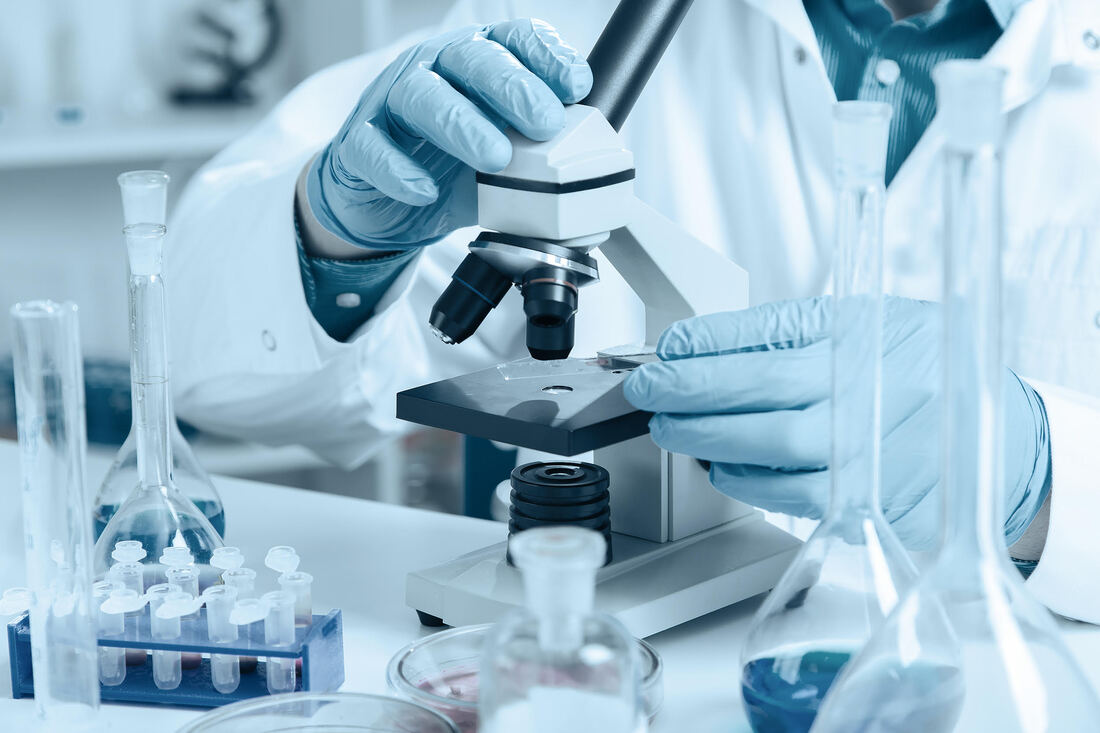About us - Serbian society for parasitology
At the founding Assembly, held on June 28, 2012. in accordance with all legal regulations, the SERBIAN SOCIETY OF PARASITOLOGY was founded.
Although that is the official date of establishment of the association under this name, the creation of DPS was preceded by a long-standing tradition of existence of the Yugoslav Association of Parasitologists (JDP) founded in 1971, later the Association of Parasitologists of Serbia. The society, under its first president, Academician Zlatibor Petrović, quickly established itself on the domestic and international scene, especially in the European Federation of Parasitologists (EFP), and earned the trust to organize the second ever European Multicolloquium of Parasitology (EMOP) in Trogir in 1975.
The professional activity of the members of the Society was maintained throughout decades, partly due to the specificity of parasitology as a science that deals with organisms of interest to both human and veterinary medicine. Many professional needs of parasitologists have also been met through other professional and scientific societies, such as the Microbiological Section of the Serbian Medical Society, the Parasitological Section of the Serbian Veterinary Society, the Society of Microbiologists of Serbia, and the Society of Immunologists of Serbia.

However, it was in the present moment, it was realized that parasites have not only been companions of man and animals since time immemorial, but will continue to be so in a certain degree and form, and some in non-traditional areas or a more severe clinical form ("emerging " infections). Factors that contribute to the maintenance and spread of these infections at the global level are climate changes, population, and animal migrations, as well as changes in eating habits. The geographical position of the region of Southeast Europe, between the Mediterranean and continental Europe, makes Serbia the central country of the region, a special area for monitoring existing and "emerging" parasitic infections. Parasitic infections that are transmitted to humans through animals or their products (zoonoses) are particularly significant, which naturally connect the medical and veterinary professions. When you add to this that experts from other fields (biology, agriculture, food technologies) are increasingly interested in parasites and that modern research in parasitology also includes the molecular level, which implies the participation of molecular biologists, the need for renewing the joint activities of experts from all profiles that deal with the problem of parasites and infections caused by them in their own association. The expression of that need, aligned with the legal regulations, is the establishment of DPS.
That this is true is shown by the fact that within a few months of its establishment, both the number of members and the interest of both members and experts in related disciplines to be involved in the work of DPS is constantly growing.